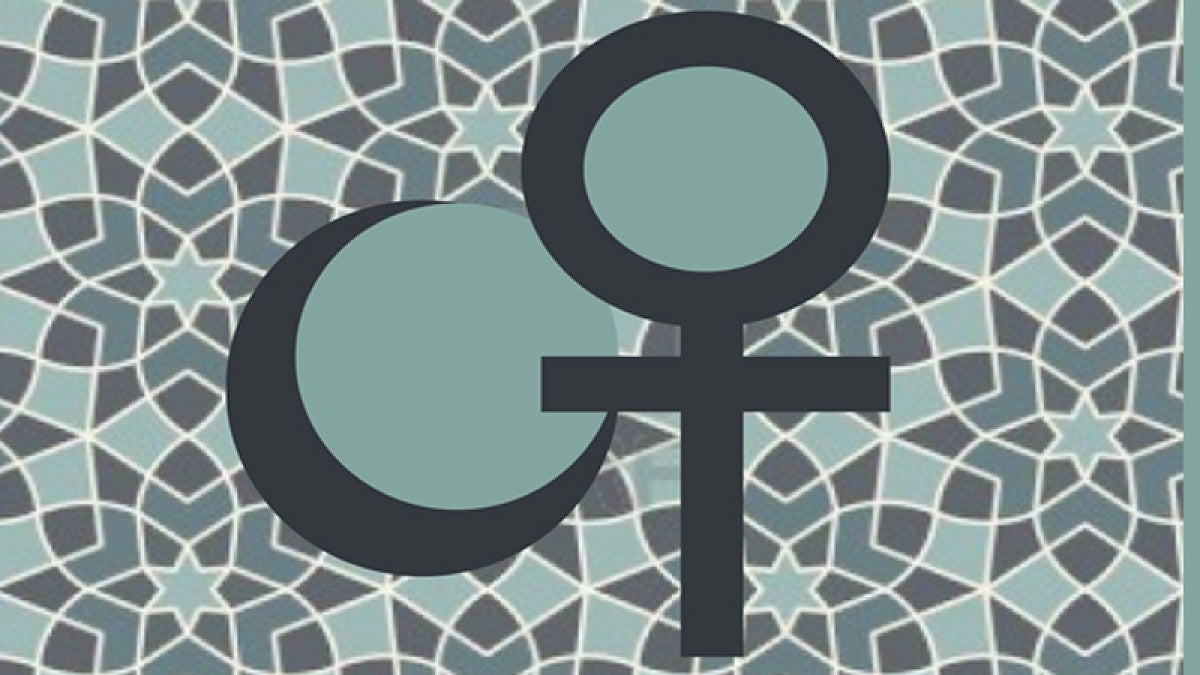The University of Oregon will host the symposium “Islam, Feminism, and the Women’s Mosque Movement” on Oct. 27 from 9 a.m. to 5 p.m. in Room 302, Gerlinger Hall. It is free and open to the public.
The women’s mosque movement is a campaign centered on integration and equalization of women in mosques and as leaders of prayers. The movement has made recent strides forward with the first all-female mosque opening in Los Angeles in 2015.
The symposium will highlight the contributions of Muslim women’s activism and challenge popular representations and perceptions of women and Islam, particularly the stereotype of the “uneducated” Muslim woman. It will explore historical and contemporary issues surrounding Islam and feminism in the fields of law, democracy, globalization and writing.
“The symposium’s central focus is on the ways in which Islam, as reread by women Islamic scholars, promotes gender equality and is often in conflict with the patriarchal societies in which Muslims live,” said Diane Baxter, co-coordinator of the symposium. “The women’s mosque movement is an example of those tensions. The symposium presenters challenge ideas about Muslim women as they are often portrayed in Western media.”
Keynote speaker Amina Wadud will discuss “Islamic Feminism to Live By: History, Methodology and Futures.” A professor emeritus of Islamic studies at Virginia Commonwealth University, Wadud is a prominent member of the women’s mosque movement whose scholarship focuses on gender and Quranic studies.
Panels feature faculty members from the UO and visiting scholars from The Evergreen State College, Duke University, Oregon State University and Starr King School for the Ministry.
The morning panel will focus on the historical and theoretical framework around Islamic feminism. An afternoon panel will focus on applied theory and current debates, including the women’s mosque movement.
The symposium is hosted by the Rutherford Middle East Initiative, the Middle East and North African studies minor, and the Office of the President. It is co-sponsored by the Muslim Student Association, Division of Equity and Inclusion, Center for the Study of Women in Society, Clark Honors College and numerous academic departments and programs.
More information is available on the Middle East and North African studies website.
—By Lizzy Elkins, University Communications


